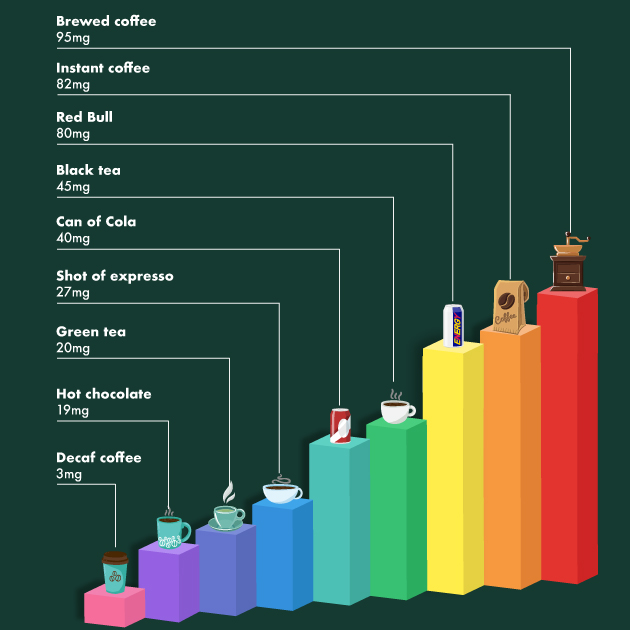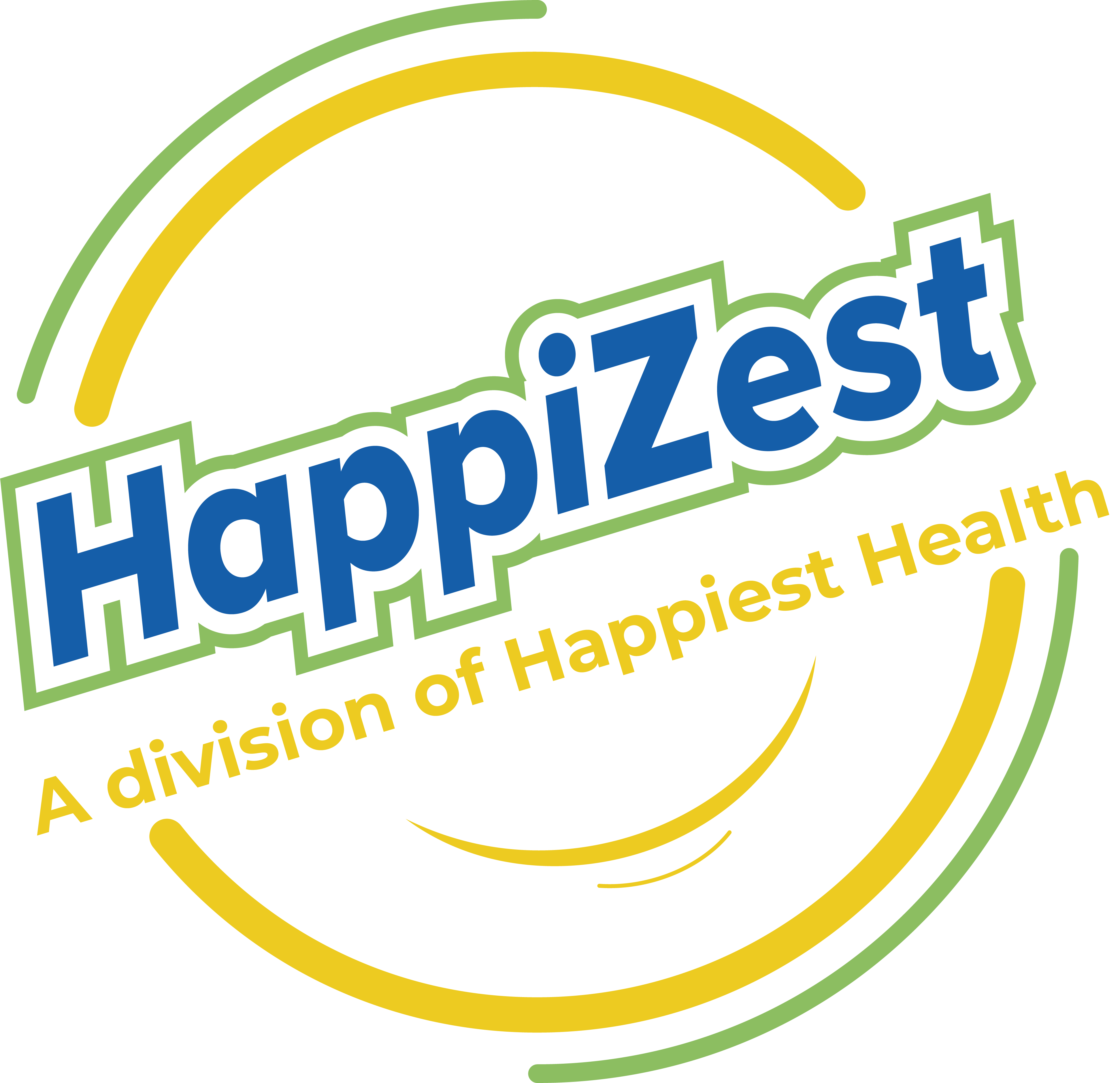Is coffee good or bad for your health?
Whether you start your day with a strong cup of coffee or down shots of espresso to pull an all-nighter, we know what caffeine is good for.
But how much do you know about the effects of caffeine on your body and how much is too much?
Can you become addicted to caffeine?
Caffeine is a chemical that stimulates your central nervous system, muscles, heart, and other parts of your body that can help control blood pressure.
However, caffeine does not threaten your health in any way the addictive drugs do.
There is no denying that regularly consuming coffee is habit-forming. But if you decide to stop having coffee altogether one day, you may feel the effects for a day or more, and that’s it.
Let’s talk more about why we depend on coffee after all.
Why does coffee feel so good?
2 major reasons, an interplay of chemicals, basically science.
• Dopamine: Coffee stimulates the release of dopamine, a neurotransmitter that activates the pleasure centres in your brain. This flood of dopamine enhances your mood and leaves you feeling happier.
• Adenosine block: Caffeine in coffee blocks the receptors in your body that respond to adenosine (a compound responsible for relaxation and drowsiness). By preventing adenosine from doing its job, caffeine keeps us wide awake and alert. It also ramps up neural activity in the brain, resulting in heightened focus and attention.

Is coffee responsible for your poor sleep?
Experts suggest that you should cut on coffee 5-6 hours before sleep time, usually around lunchtime or 3 pm. But why?
Adenosine again. This neurotransmitter plays a crucial role in your sleep. It signals your need to sleep.
Throughout the day, adenosine gradually builds up while we’re awake. Once it is accumulated, it reaches its peak closer to the night, creating sleep pressure after a certain threshold. That’s why the longer we stay awake, the more we feel the urge to sleep.
Caffeine has a quarter-life of around 12 hours which means that 25% of the caffeine in a cup of coffee consumed at noon still circulates in your brain at midnight. It doesn’t get eliminated easily.
You pull a successful all-nighter, but end up disrupting your natural sleep. You wake up the next morning feeling the need to have that boost again – a hot cup of coffee!
It is important to understand that coffee doesn’t buy you extra sleep, it merely delays the process.
Can you have coffee first thing in the morning?
Of course, but not on an empty stomach.
Here are 3 thumb rules you can follow to maximize the benefits of caffeine.
• Hydrate: Your body loses close to a litre of water during sleep, leaving you slightly dehydrated upon waking up. Since coffee is a diuretic (it makes you urinate more), it’s important to hydrate before drinking your first coffee.
• Balance electrolytes: Adding a pinch or a teaspoon of salt to your brew can counter caffeine’s acidic nature making it suitable for people with sensitive stomachs. This simple pinch also helps replenish the lost salts and maintain a healthy electrolyte balance.
• 90-minute rule: Your body naturally produces cortisol after waking up, the hormone that helps you feel awake and alert. When you drink coffee first thing, caffeine’s effect gets undermined and your tolerance for caffeine goes up. Coffee becomes a replacement for cortisol rather than a booster for it. By waiting for about 90 minutes, you allow your body’s natural cortisol levels to do their job and maximize the benefits of caffeine.

The million-dollar question, how much is too much?
Consider the caffeine content in various sources you consume, including coffee, energy drinks, tea and chocolate.
If caffeine is a daily part of your routine, up to 400 mg of caffeine per day (equivalent to about four cups of brewed coffee) is generally safe for healthy adults.
A coffee lover’s guide to healthy caffeine habits
• Stick to not more than 3 cups a day
• Hard stop on caffeine intake at 3 pm
• No caffeinated drinks with any meals
• Try to avoid sugar with coffee






